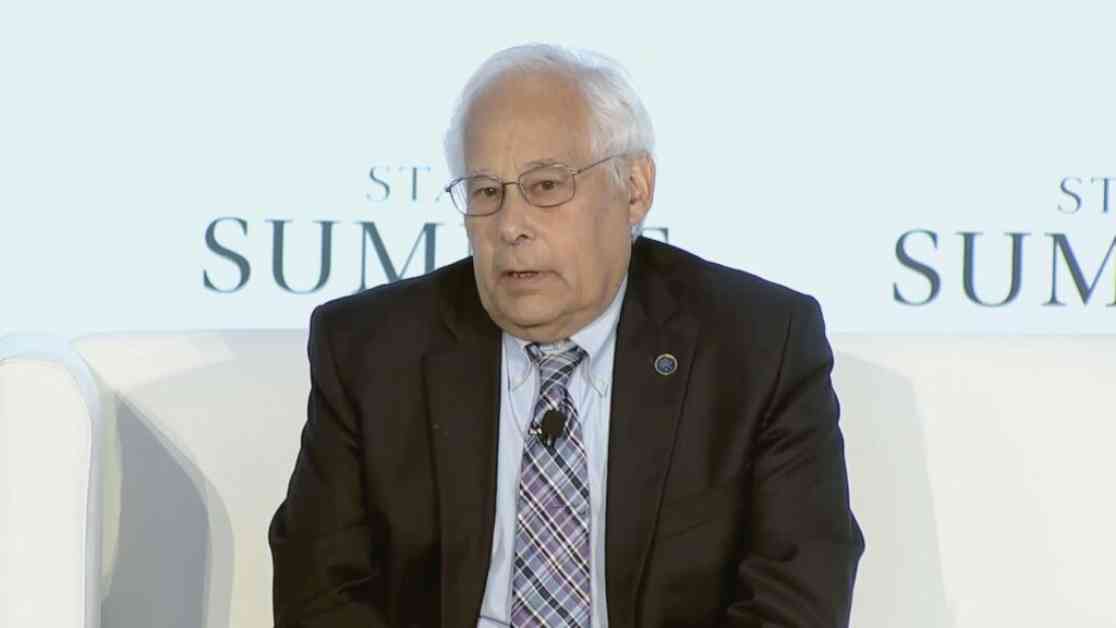Medicare is facing some challenges, and a former official, Donald Berwick, blames the Medicare Advantage program run by private insurers. Over half of Medicare beneficiaries are enrolled in Medicare Advantage plans, and this number is increasing rapidly.
The way Medicare pays Medicare Advantage plans is by providing a set annual rate for each person enrolled. This payment structure is meant to incentivize insurers to focus on keeping enrollees healthy rather than just providing services that are covered by Medicare. However, the system for calculating these payment rates is complex and encourages excessive coding to make patients appear sicker on paper than they actually are. As a result, taxpayers end up paying over $80 billion more annually for individuals in Medicare Advantage compared to those in traditional Medicare.
This issue is concerning as it not only impacts the financial burden on taxpayers but also raises questions about the quality of care that Medicare Advantage enrollees are receiving. The focus on coding and maximizing payments may divert attention from providing necessary and appropriate care to patients.
Furthermore, the growth of Medicare Advantage raises concerns about the long-term sustainability of the program. As more individuals enroll in these private plans, there may be implications for the overall Medicare system and its ability to provide comprehensive coverage to all beneficiaries.
It is essential for policymakers and stakeholders to address these challenges facing Medicare Advantage to ensure the program operates efficiently, provides high-quality care to beneficiaries, and remains financially sustainable in the future. By reevaluating the payment structure and incentivizing insurers to focus on patient outcomes rather than payment maximization, Medicare can better serve its beneficiaries and fulfill its mission of providing accessible healthcare to older adults and individuals with disabilities.


















